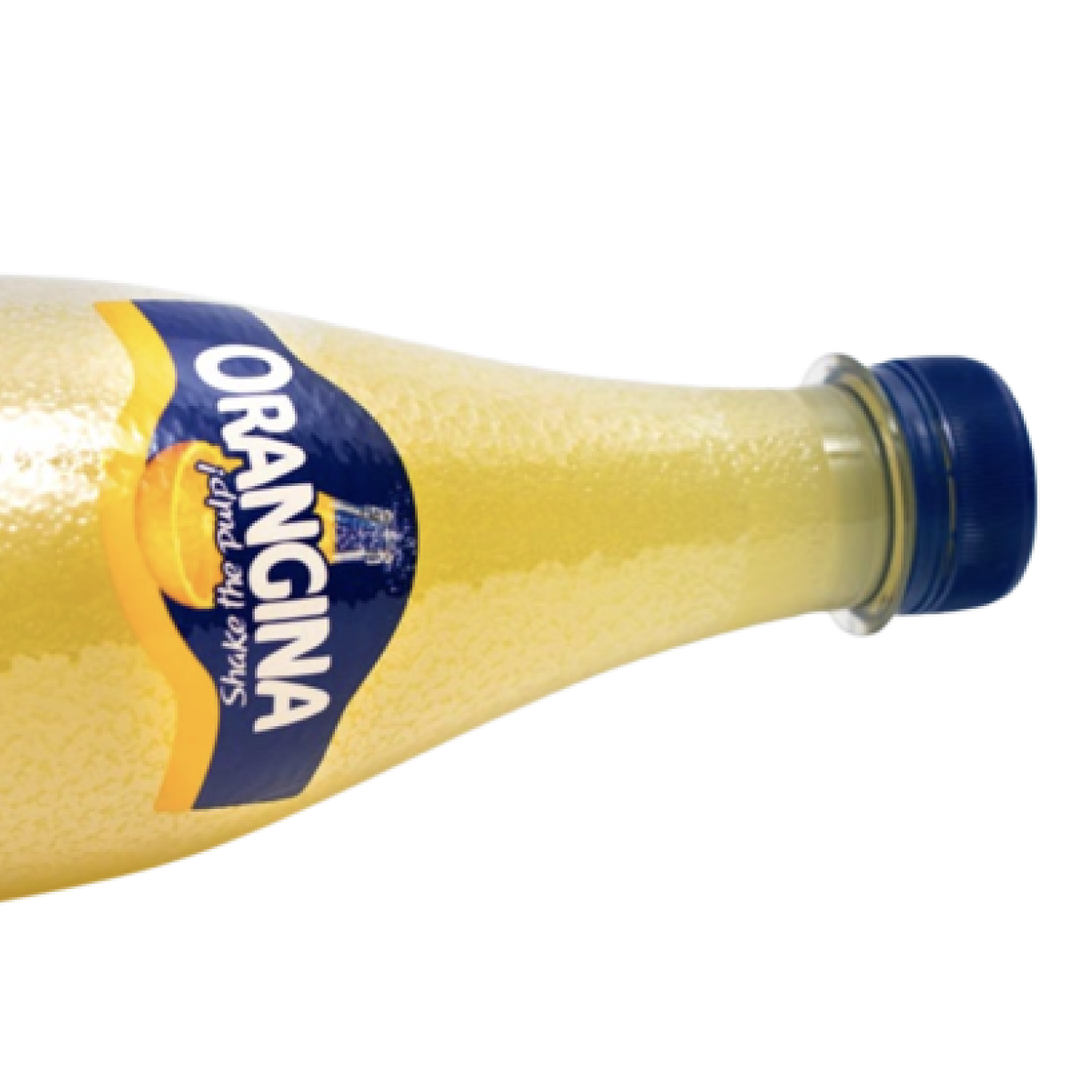Bio-TCat®:
Renewable Chemicals & Fuels from Non-Food Biomass
Transforming non-food biomass such as pine wood into cost-competitive, sustainable and low-carbon footprint version of petroleum-derived chemicals and fuels.






